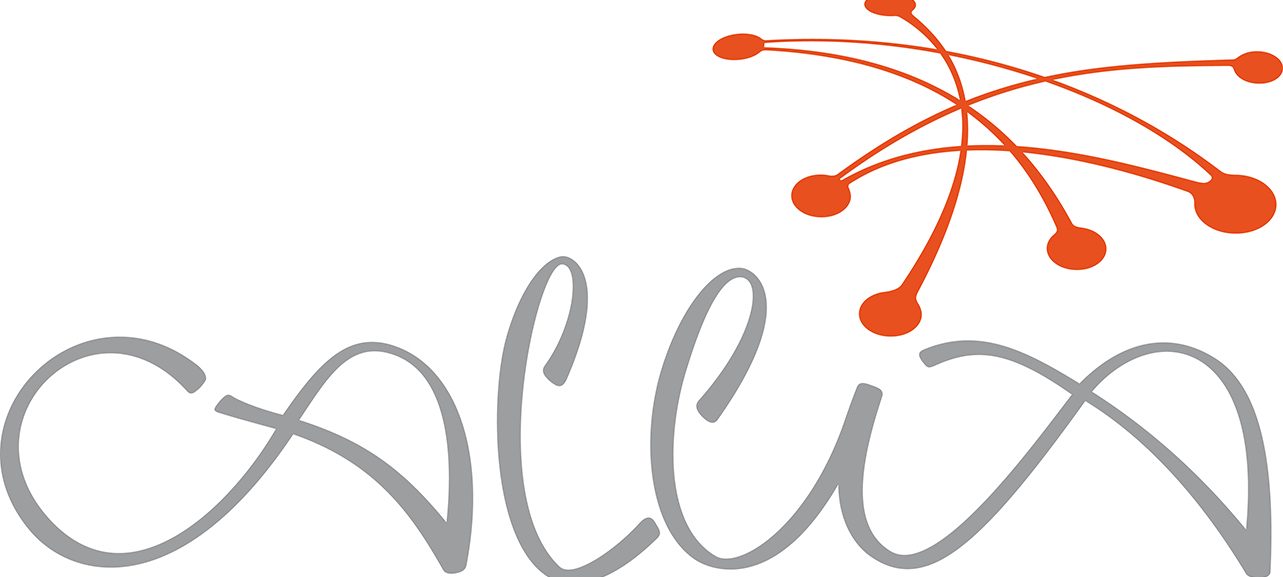Organisation:
ISC Konstanz as a coordinator will form with the work package leaders the core team of Callia. Besides regular physical meetings, the core team will have brief conference calls to discuss open issues twice a month. A tailor-made Sharepoint will allow for easy sharing of information and results. Each physical project meeting will be accompanied with a public half-day workshop to discuss and convey results. Ideally, this would be conducted in the frame of a conference or similar taking place anyway. A consortium agreement will be arranged, to define the rules for e.g., entry of a new beneficiary to the consortium or termination of a defaulting party participation and measures relating hereto, changes in the content of the work program, finances and intellectual property rights, as well as matters regarding the composition of the consortium.
Key competences:
ISC Konstanz researches and develops crystalline Silicon solar cells, modules and energy systems including smart grid applications. The institute work closely together with leading enterprises and research institutes in this field. Currently, the ISC Konstanz is conducting 30 different projects on industrial and publicly funded level. The ISC Konstanz employs 50 people. The researchers evaluate new, cost-efficient silicon raw materials and optimize existing production steps and machinery. Furthermore, they test new technologies for industrial solar cell production and PV
systems. The ISC Konstanz engineers developed the whole institute energy concept including RES-PV, heat recovery etc. The partners have been chosen for their compatibility and ability to implement the ambitious goals. Callia combines the different knowledge and competences needed, such as on protocol development, simulation and testing (Salzburg Research), High Voltage modeling (Uni Stuttgart), RES and storage (ISC, BlueSky), business models and modeling (TU Wien, VITO), and regulatory framework (Salzburg Research). Combined with the DSO’s and TSO’s (BEDAS, EnBW ODR), an Aggregator (REstore) and the technology developers (devolo AG and PAVO), so that knowledge-base, technology and implementation potential are secured for the project.
For the coordination and dissemination of the Callia project, ISC Konstanz will closely collaborate with the Smart Grids Platform Baden-Wuerttemberg (Smart Grids BW): a multistakeholder platform with more than 60 active members with the aim to connect stakeholders to each other, foster the dissemination of smart grids, initiate showcases for smart grids, and increase acceptance for these technologies, and has hence the experience and capacity to support this project.
Previous experience
ISC Konstanz has coordinated many national projects and has been a partner in national and European funded projects. Smart Grids BW has developed the Smart Grids Roadmap Baden-Wuerttemberg serving as guidance for political and economic decision-makers, and will support Please fill in the form below, taking into account the recommended length per heading. Formatting is enabled and you may use bullet points, lists, bold/italic/underlined formatting etc. Do not change the headings, font, size or line spacing (failure to comply may result in rejection of your proposal). You may also insert a picture/graphic illustration of your Work Plan under heading 8.3. Save your final
version in .pdf-format and upload it to the Electronic Submission System as instructed. Maximum permitted total length is 6 pages including graphic illustration and Work Plan budget.
Callia Project plan 2
ISC Konstanz with management and dissemination. All project partners are experienced in European and/or national projects in the domain of Smart Grids, see par. 2.1.
Project Management
The WP leaders coordinate and take day-to-day decisions in their work package in close collaboration with the other partners in their work package, and with WP leaders that are dependent on their WP. They have the authority to decide on the resolution of delays and setbacks within their work package, but will do so in close cooperation with the other partners active in their work package, and the WP leaders of related WP’s. The General Assembly (GA), consisting of one representative from each partner, will take decisions on issues that transcend the work packages, such as composition of the consortium, finances and intellectual property rights. The coordinator, ISC Konstanz, will form a management support team that for the consortium will be the first contact point for internal communication, and will also be the contact point for external communication, e.g. with the ERA-Net Smart Grids Plus Community. The coordinator will facilitate in the decision making and advise the WP leaders and GA, but will not have any other decision-making authority, except as WP leader and partner in the GA. The GA will be the highest decision-making organ in the project and will be responsible for the overall direction of the project. A representative from the coordinator shall chair the GA, on the 6 monthly plenary meetings. Other communication will take place via e-mail, the project website and telephone conferences.
